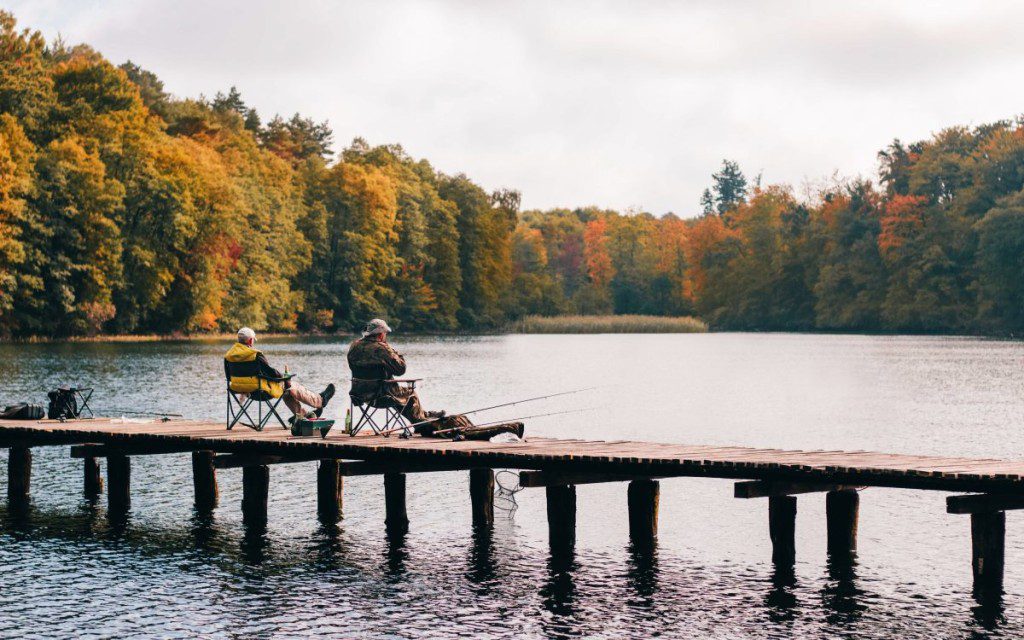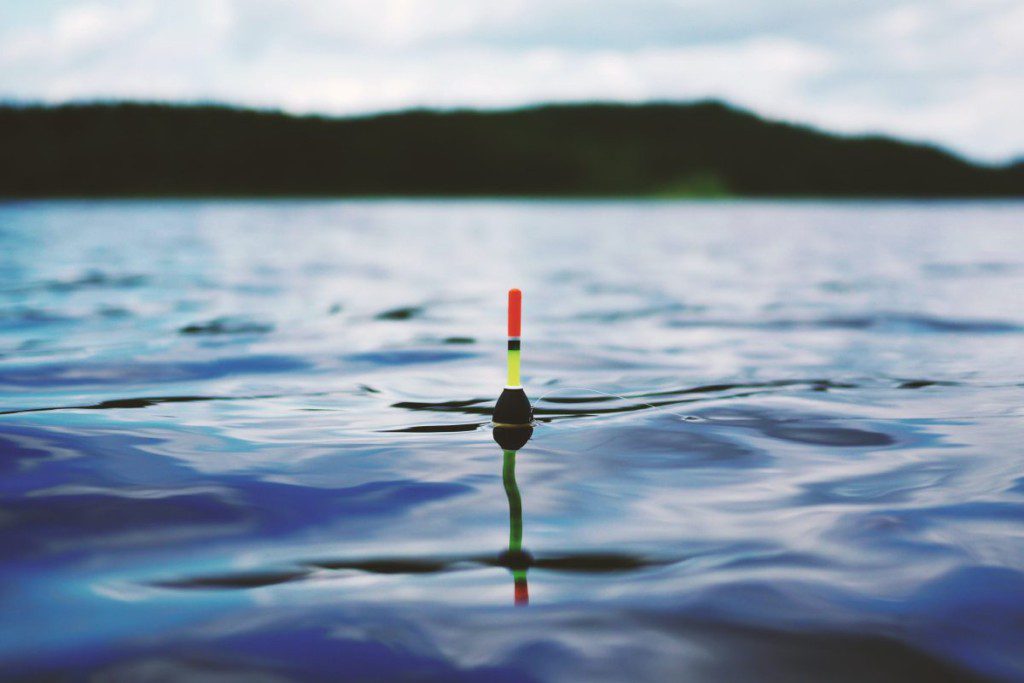A fun fishing competition is a great way to bring friends and family together for a day of competitive fishing. To ensure everyone has an enjoyable time, it’s important to plan ahead and consider all the details of the event. Also, make sure to check local and state regulations to ensure safety and legality. Here are some tips for organizing a successful and memorable fishing tournament.
1. Buy scales and measuring devices
To make sure that everyone has an equal chance of catching the biggest fish, you will need to provide scales and other measuring tools. These can be found online or at your local tackle shop. Having fishing scales and measuring devices will help ensure that everyone’s catches are accurately measured and that everyone is competing on an even playing field. If you need help choosing the right scales, be sure to ask a knowledgeable associate at your local tackle shop.
It’s important to also have a separate set of scales for each person, as it will make it easier to accurately measure the size of their catch without having to re-calibrate the scales.
2. Set the rules and boundaries
Before you get started, decide the details that will make the competition fun and fair for everyone. Determine the rules of entry and participation, such as what type of bait or fishing gear is allowed, how long participants can fish, or any other regulations that need to be in place. You should also establish a scoring system so you can determine who catches the most fish or has the biggest catch at the end of the day. Lastly, make sure all participants understand any safety guidelines that must be followed while fishing during your competition.
3. Promote the event
Once you have decided on the details of your event, make sure to promote it! Reach out to local newspapers and radio stations, as well as any local fishing clubs or organizations that may be interested in helping spread the word. You can also create flyers or banners with important information about when and where the competition will take place. Make sure you include all details like how much it costs to enter, what kinds of prizes are available, etc. Finally, create a social media presence for the competition by creating an account dedicated solely to it.
4. Secure a location and supplies
Determine the location of your competition. Make sure you have access to enough water and plenty of places for participants to fish safely. Secure any necessary permits and insurance, if applicable. Acquire all the supplies you’ll need, such as bait, tackle, rods, boats (if needed), measuring tools, a first aid kit, protective clothing/gear, tables, and chairs for registration and the awards ceremony.
Consider contacting local businesses to see if they would be interested in sponsoring your event or donating supplies or prizes for a nominal fee. While you are on the hunt for supplies, enlist some volunteers to help with setting up and running the event.
5. Set a date and time that works for everyone
Make sure to give yourself plenty of time to plan everything and make preparations. Once the date is set, you can begin marketing your fishing competition to those who would be interested in participating. Additionally, you can begin to get sponsors on board to help cover any costs associated with the event. It’s also important to let local authorities know that you are planning this event, so they can be prepared in case of any emergency. If possible, try to give participants plenty of time to prepare for the competition.
6. Collect data and track results
For the competition to be successful, you’ll need to record the details of each catch and keep track of the running standings. Make sure that everyone has a way to log their catches before, during, and after the event. You could use a spreadsheet or an online form for this purpose. Be sure to clearly explain how you will be measuring catches (length, weight, etc.) so that everyone is on the same page. Additionally, make sure contestants know they are responsible for documenting accurate information when submitting their catches. This will ensure fairness in terms of who wins and who doesn’t!
Organizing a fun fishing competition can be an enjoyable experience for everyone involved. With the right preparation and consideration, you’ll make sure that your event runs smoothly. The most important thing is to ensure safety, fairness, and accuracy when it comes to recording catches and determining winners. This will set the tone for a successful event that everyone will remember for years to come!






